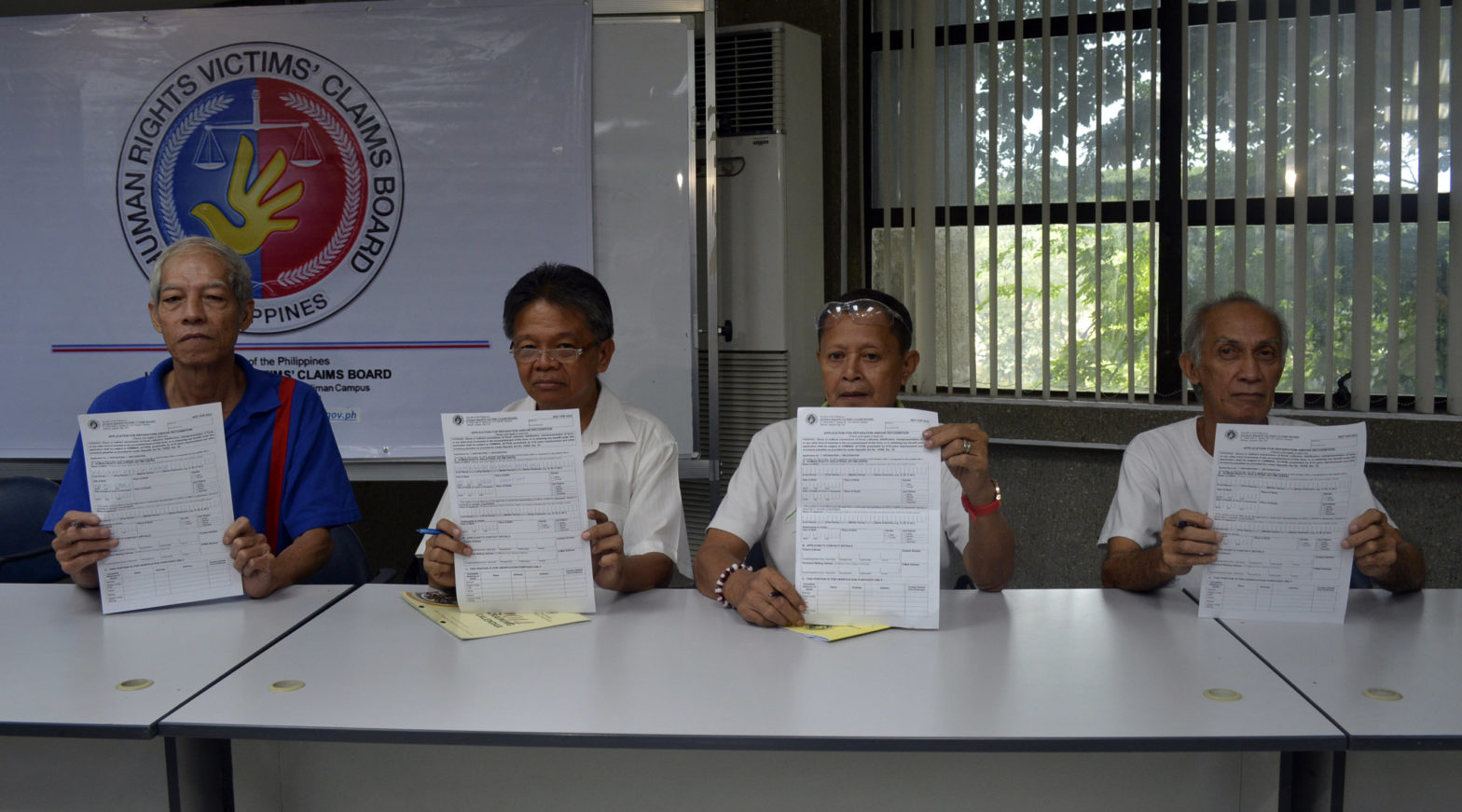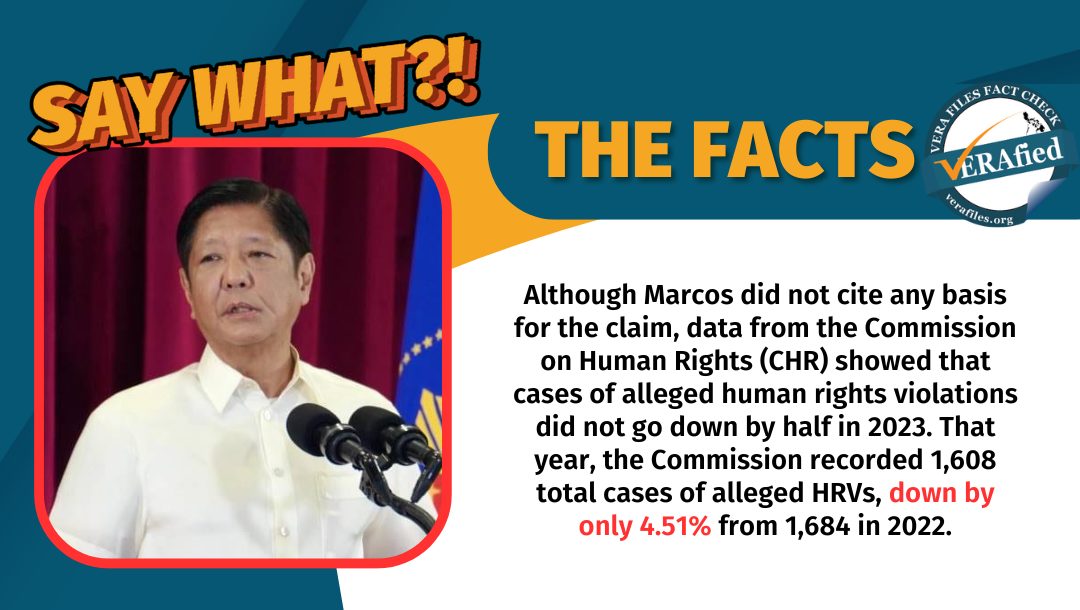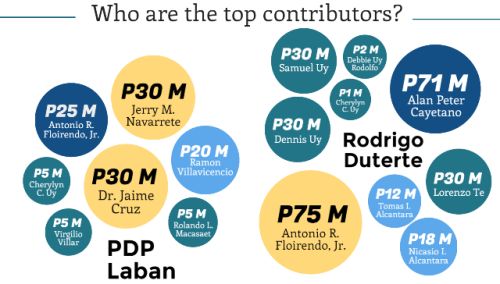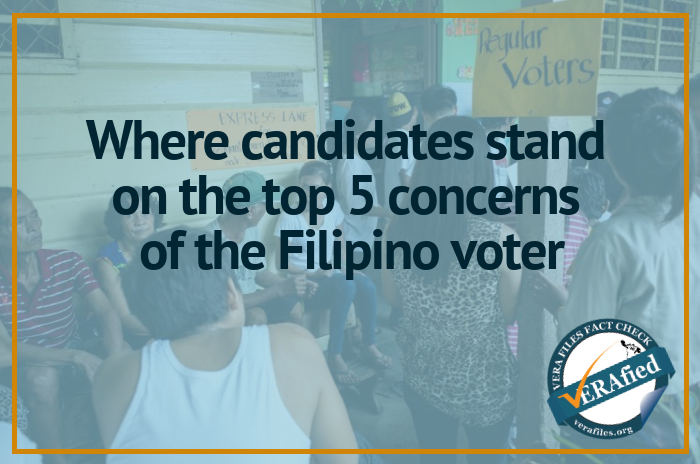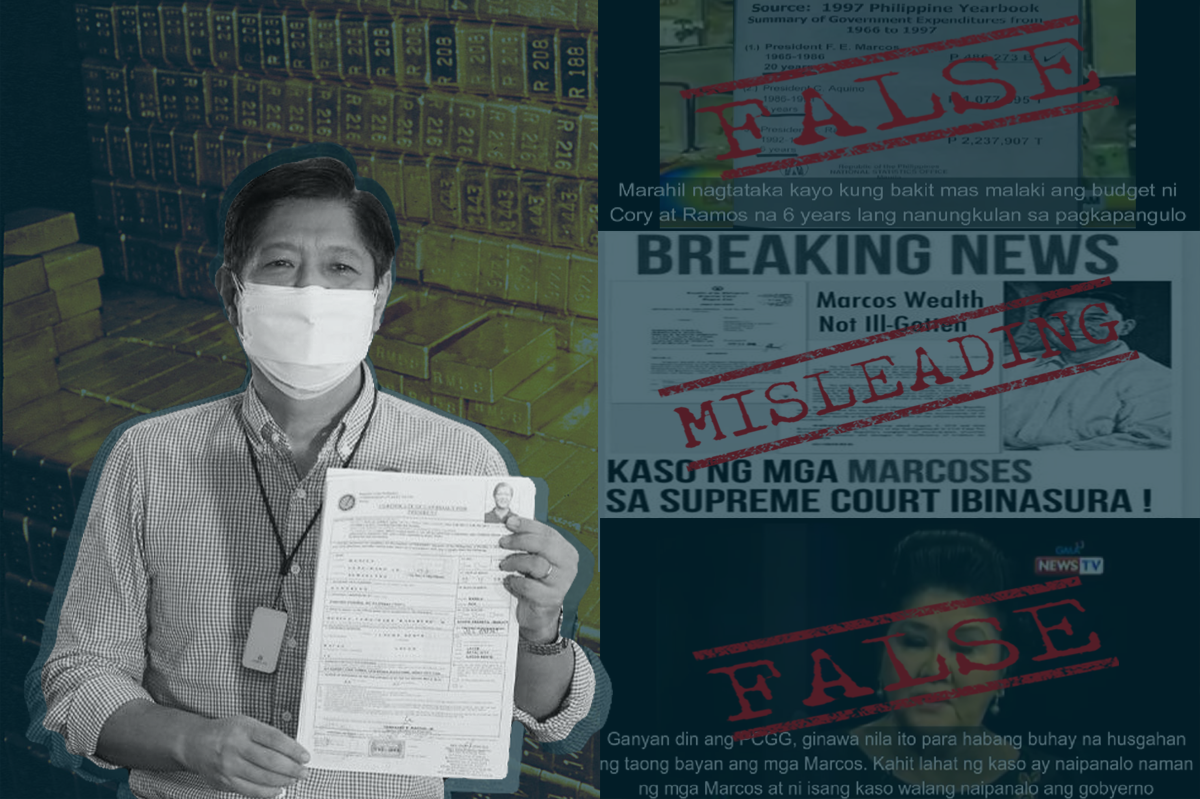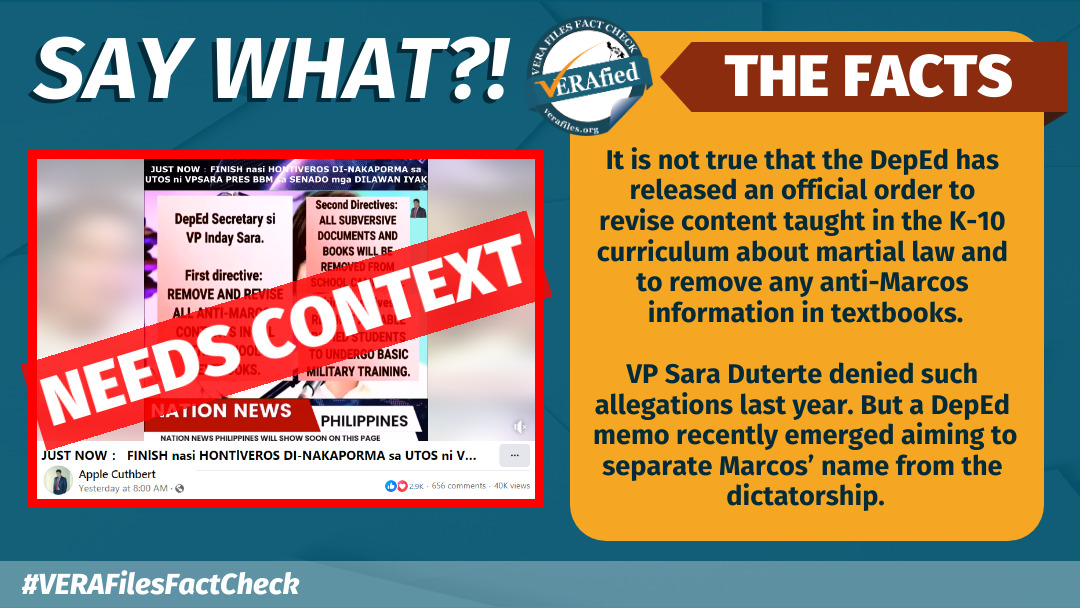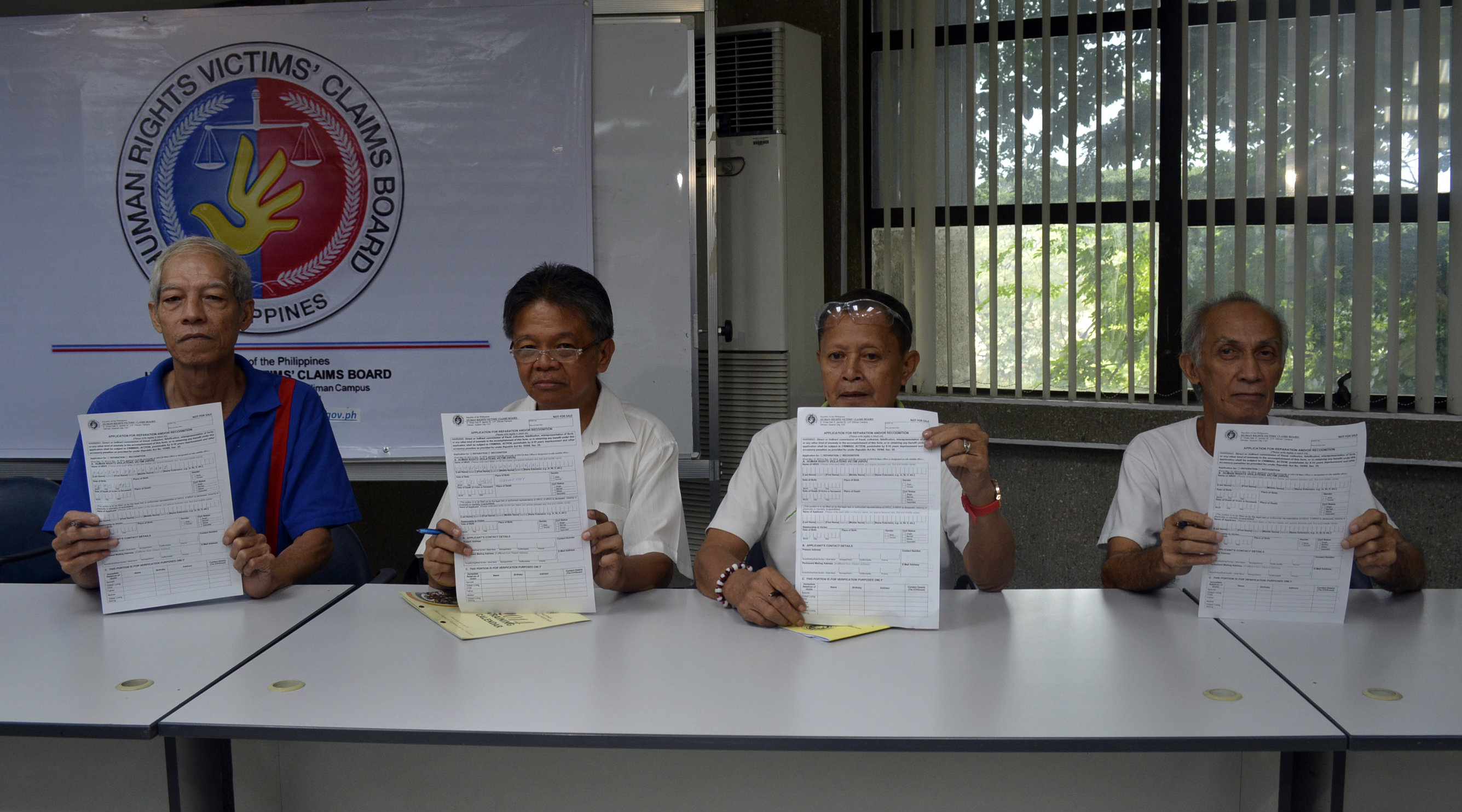
By JANE DASAL
The more than 10,000 Marcos-era human rights violations victims (HRVV) and their families may begin applying with the national government for compensation for their sufferings during martial law.
But those in the provinces will find it hard to do so because the Human Rights Victims Claims Board (HRVCB) created by law to process has not set up satellite offices to accept applications.
Under the implementing rules and regulations of the Republic Act 10368 or the Human Rights Victims Reparation and Recognition Act of 2013, victims can apply for compensation from May 12 to Nov.10. Claims filed beyond this period will be rejected.
However, the filing of applications as of now is limited to the board’s national office at the Institute of Small Scale Industries at the University of the Philippines (UP) Diliman in Quezon City.
Aside from the lack of satellite officesin the provinces, the HRVCB has yet to come up with a scheduleon the deployment of mobile teams.
“We have to see first if the software for the application is working efficiently. Perhaps(this)week, we can release a schedule,” HRVCB Chairperson Lina Sarmiento said in press conference in UP last week.
The mobile teams will not stay in the provinces for the whole duration of the six-month application period,she said.
Despite these concerns, the board said it’s “all systems go” at the start of the application period.
The law, which seeks to “recognize and provide reparation to the victims and their families for the deaths, injuries, sufferings, deprivations and damages they suffered under the Marcos regime,” provided P10 billion for the compensation of the HRVVs.
A total of P100 million will be deducted from the P10 billion to cover the expenses of the claims board for its operations.
Although the HRVCB has not neither opened satellite nor deployed mobile teams, board member Aurora Corazon Parong said it has identified areas with a large number of victims such as Calbayog and Bacolod cities, Iloilo, Davao, Cotabato, La Union and Pampanga provinces, and the Bicol region.
Parong said the board is still mapping out areas that are distant or with a large number of HRVVs, or both.
Felix Dalisay, 62, who was arrested and imprisoned thrice during martial law, asked the board to attend to the matter.
“The victims of human rights violations are already old. Most are weak and already sick. It has been 40 years since we have experienced pain and torture. We are waiting for too long,” he said.
The claims board said it also needs to determine the number of personnel for the mobile teams.
“We are only 30 in the claims board, including the nine board members…Maybe we can hire additional encoders depending on the number of claimants,” Sarmiento said.
While victims are given only six months to apply, Sarmiento said the board cannot give a definite time period when the reparations will be distributed.
“The extent of the processing is not yet definite,” she said. “Once the applications have been sent in, we will also start the processing, meaning, we will be evaluating and investigating the files. The duration of processing will depend on the mass of documents we will be receiving.”
Under the law, the board is only given two years to complete its task and will cease to exist afterwards.
(The author is a University of the Philippines students writing for VERA Files as part of her internship.)
